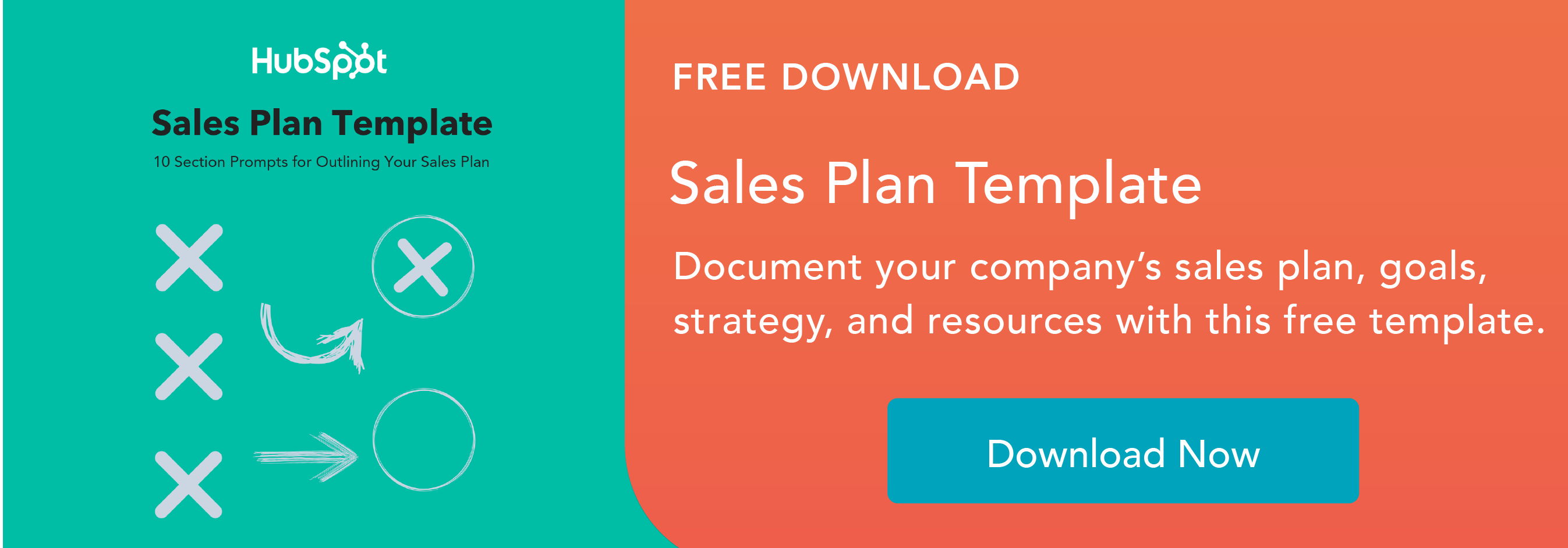Building rapport is central to any successful sales effort. It makes your interactions feel more human, frames you as a consultative resource, puts prospects at ease, and ultimately helps you develop trust on a limited timeline.

But ineffective rapport building can read as sleazy, disingenuous, or flat-out strange. And if you exhibit any of those qualities, you're going to have a hard time sustaining productive conversations with prospects — let alone closing deals.
So to help you build rapport as smoothly as possible, we‘ve identified seven common mistakes a lot of salespeople struggle with. Let’s dive in.
7 Rapport-Building Mistakes
1. You’re not doing any research.
Thanks to social media, you can learn a ton about your prospects before you ever pick up the phone or send them an email. Check out your prospect’s LinkedIn and Twitter profiles, along with any other social media profiles they may have. Not sure what you should be looking for? Here are some suggestions:
- Mutual connections
- Content they recently shared
- Blog posts they’ve written
- Conferences or forums they’ve attended
- Hobbies or interests
- Professional achievements
Having a few conversation starters up your sleeve helps you avoid stale questions like, “So, how’s the weather over there?” And since most people enjoy talking about things that are important to them, a personalized approach usually makes prospects more engaged.
2. You’re getting kind of creepy.
Though getting background and approaching your interactions with your prospect with some kind of familiarity are important, you don‘t want to overdo it. Doing your homework doesn’t mean mentioning something your prospect tweeted two years ago. Going overboard might freak them out — especially if you've discovered a fairly personal detail.
There are a few ways to get around the potential creepiness factor. When you’re talking to a person for the first time, consider sticking to “safe” rapport-building topics, like a recent link they shared or presentation they gave.
If they open up pretty easily and seem comfortable talking about themselves, you can move into more personal territory during later calls — and as a rule of thumb, include where you learned your information to preempt prospects from thinking, “How do you know that?”
Here’s some handy wording to use:
- “I saw on LinkedIn that …”
- “I noticed you tweeted about …”
- “I read on your blog that … ”
3. You're forcing it.
Not every prospect will want to make small talk. As HubSpot sales director Dan Tyre explains, some people find casual conversation stressful, annoying, or inefficient. If your prospect seems uncomfortable answering your questions or gives incredibly short responses, persisting in a “get-to-know-you” conversation will do more harm to the relationship than good.
Instead, Tyre suggests introducing a topic they’ll be more open to discussing, like a recent press release from their company or their industry experience. Because these topics are business-focused, people who dislike small talk usually view them as more valuable.
Even if you bring them to safer conversational ground, some prospects still might be reluctant to chat. In these cases, it’s usually best to move on to the agenda.
4. You’re asking generic questions.
Relying on universally relatable topics like the weather or your weekend plans can be tempting when trying to build rapport. But these usually lead to superficial conversations — and ultimately, superficial connections.
Once you’ve established that your prospect is comfortable talking about themselves, try asking a memorable question or bringing up a unique commonality.
“Similarities matter most when they’re rare,” explains Adam Grant, a New York Times bestselling author and professor at the Wharton School of the University of Pennsylvania. “We bond when we share uncommon commonalities, which allow us to feel that we fit in and stand out at the same time.”
5. You're not engaged.
If you’re obviously not interested in what your prospect is saying, it doesn’t matter whether you both lived on the exact same street growing up or obsess about the same obscure band — your efforts to build rapport probably won’t work.
It’s easy to tell when someone isn't engaged. And unsurprisingly, if prospects suspect you’re making small talk just to check a box, they won’t want to continue the conversation.
The takeaway? Make sure you’re genuinely curious about your prospect. Don’t think of rapport-building as a roadblock you have to tackle to close a deal. Approach it as an opportunity to learn more about an interesting person.
6. You're spending too much time on small talk.
While adding a human element to your relationship is important, don’t spend too long shooting down the breeze — your conversation needs to have some substance at some point. As Tyre explains, “Too much rapport-building can make you seem like a glad-handing relationship seller.”
Like you, your prospect is a busy professional with a lot on their plate. Respect their time by moving to the actual sales conversation when the time is right. Tyre recommends paying close attention to your prospect’s voice tone — when their enthusiasm begins to wane, it’s time to talk business.
7. You’re not practicing.
Rapport-building is a skill just like any other — which means the more you practice, the better you’ll get. Make sure you're developing it on your own time. Look out for situations outside of work where you can hone your rapport-building skills.
That could mean something as simple as striking up a conversation with a cashier at the grocery store — or, you could look into networking events in your area to find forums for refining your rapport-building skills.
Ultimately, building rapport can be a delicate process. Doing it right involves finesse, situational awareness, active listening, and a solid sense of how people operate. If you stay on top of those elements and remain mindful of potential missteps like the ones listed here, you'll be in an excellent position to consistently and effectively build rapport with prospects.











![9 Tricks to Instantly Become More Charismatic [Infographic]](https://blog.hubspot.com/hubfs/charisma-boosting-tricks.jpg)